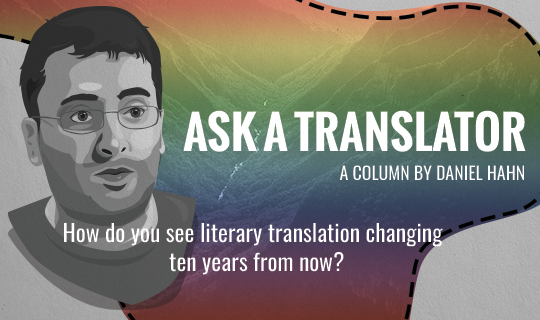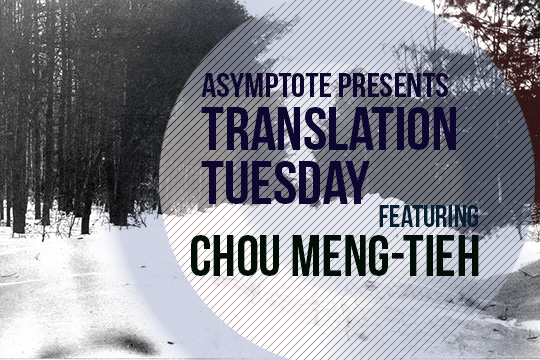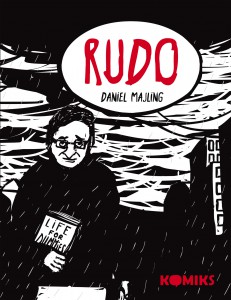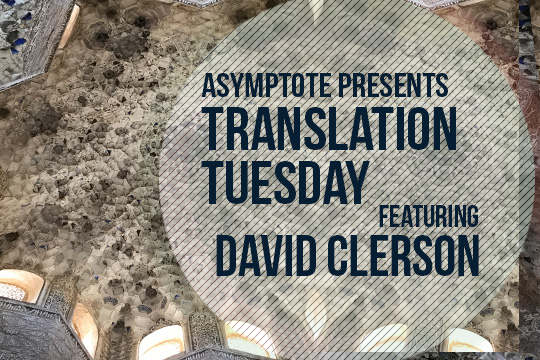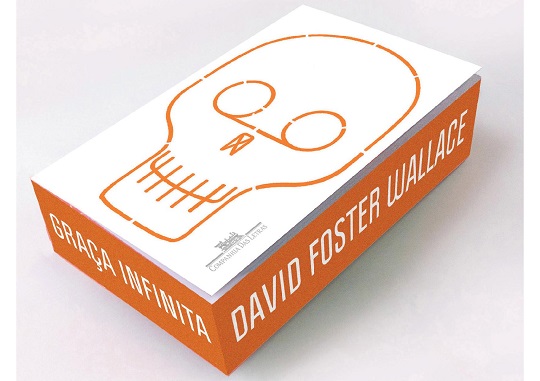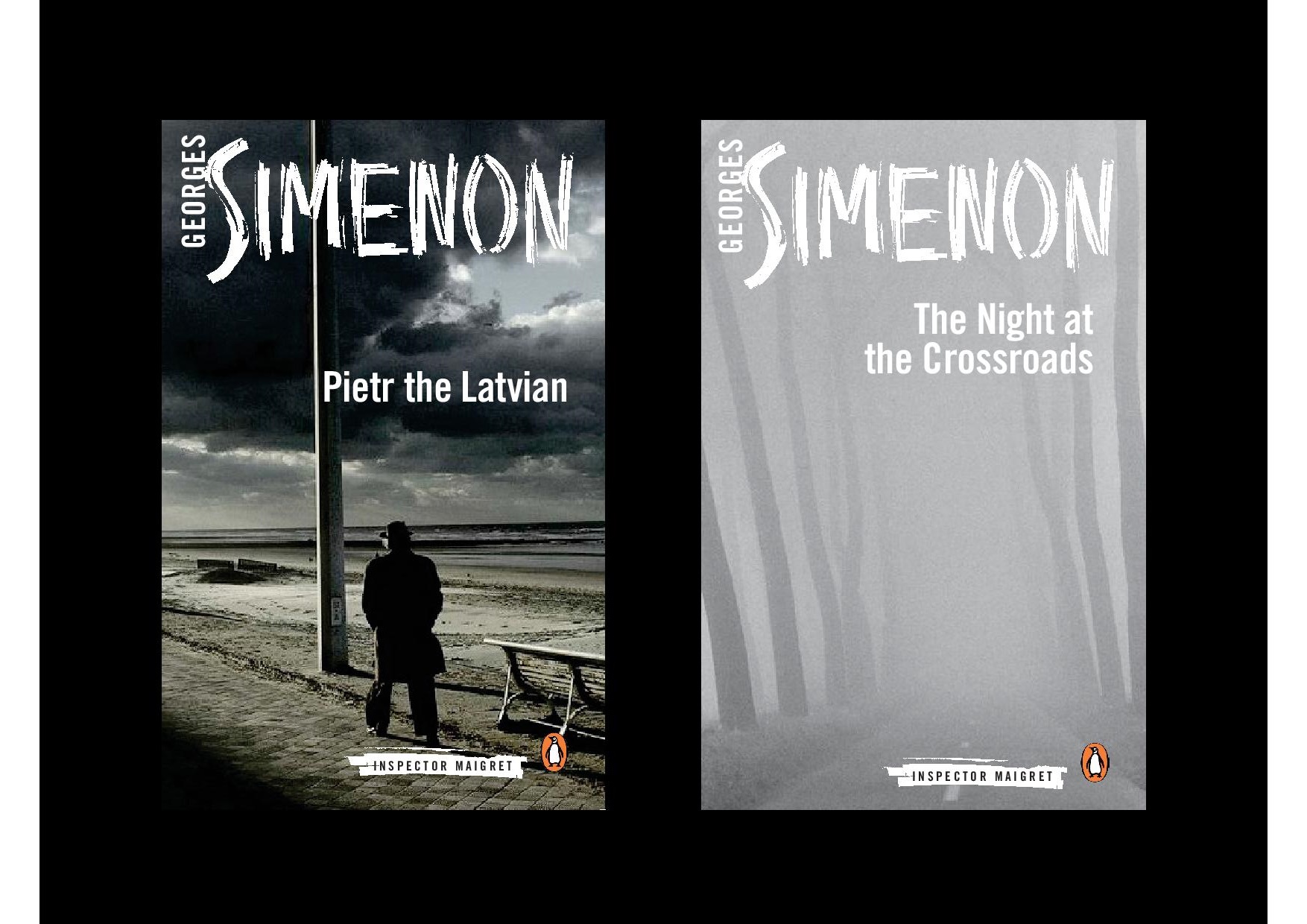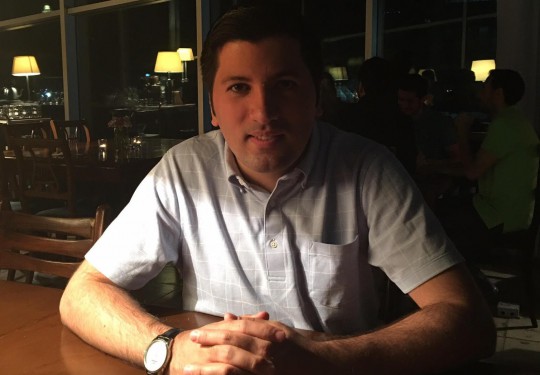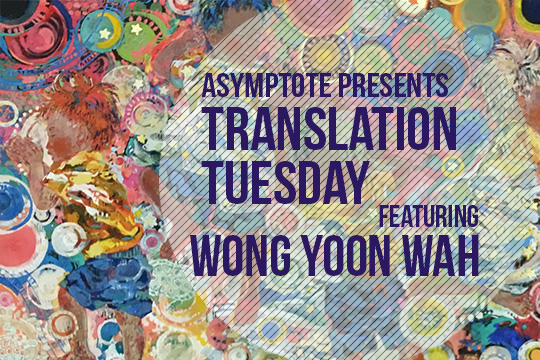This week marks the final posting in our ever-captivating series with writer and translator Daniel Hahn. The question for this last column comes from Asymptote Editor-in-Chief, Lee Yew Leong, who also explains how he invited Daniel Hahn to be our columnist, a year ago:
When I asked this very specific favor of him over Michelin-starred dimsum last year, I expected Daniel to say he’d think about it and get back to me. This was our first meeting in person, after all. But he agreed immediately to do it for us—for free (we can’t afford to pay ourselves at Asymptote, let alone others). That’s how he came to field wide-ranging questions about the art of translation, from whether a code of ethics exists, to how a translator can improve—questions that came from Asymptote readers the world over.
Having submitted a column every month without fail since December 2015, Daniel now contributes his final essay, making it one full year as our agony uncle in residence. This time, he takes a question from me. I thought I’d try an ambitious one, make it a bit more difficult for him, you know? So I ask him to peer into the proverbial crystal ball. Scroll down below to read his nuanced, optimistic answer, acknowledging post-Brexit uncertainty. Whatever you make of his thrilling column (not to mention his Oulipian, or shall I say, Hahn-like, attempt to make a connection to all previous eleven essays), the future of translation is certainly a better one for Daniel’s advocacy, and willingness to shine the way ahead, that’s an inspiration to all of us working in world lit. Cheers, Danny, and thanks so much for this past year from all of us at Asymptote!
You’ve just returned from your nth Writers Festival this year—where you no doubt had the chance to observe the ‘state of translation’ (in a different country, on a different continent) up close. In fact, I can’t think of anyone more suitable to pose this question to: What does the future of literary translation hold for editors, translators, and readers, say, ten years from now?
Thanks, Yew Leong—like the other questions weren’t big and challenging enough already! How am I supposed to answer this?
Actually, though… Maybe it’s not so hard as all that? Because I’m not convinced that ten years from now things will be wildly different—not the things that matter, anyway.
For one thing, principles and values shouldn’t change just because context changes. We may well be entering a pretty dark time in political / social / economic terms—from the particular (western, Anglophone) place where I’m sitting, at least; but that doesn’t change the importance of what my colleagues do. On the contrary. Back in March I wrote about the translator’s responsibility and power in today’s too-divided world—and that sure as hell isn’t going away anytime soon; we just need to know that we can keep responding to challenges not with surrender but with defiance. (We will.) READ MORE…

